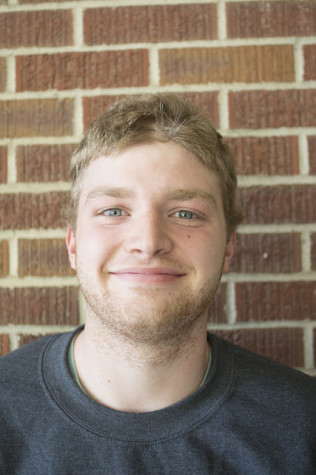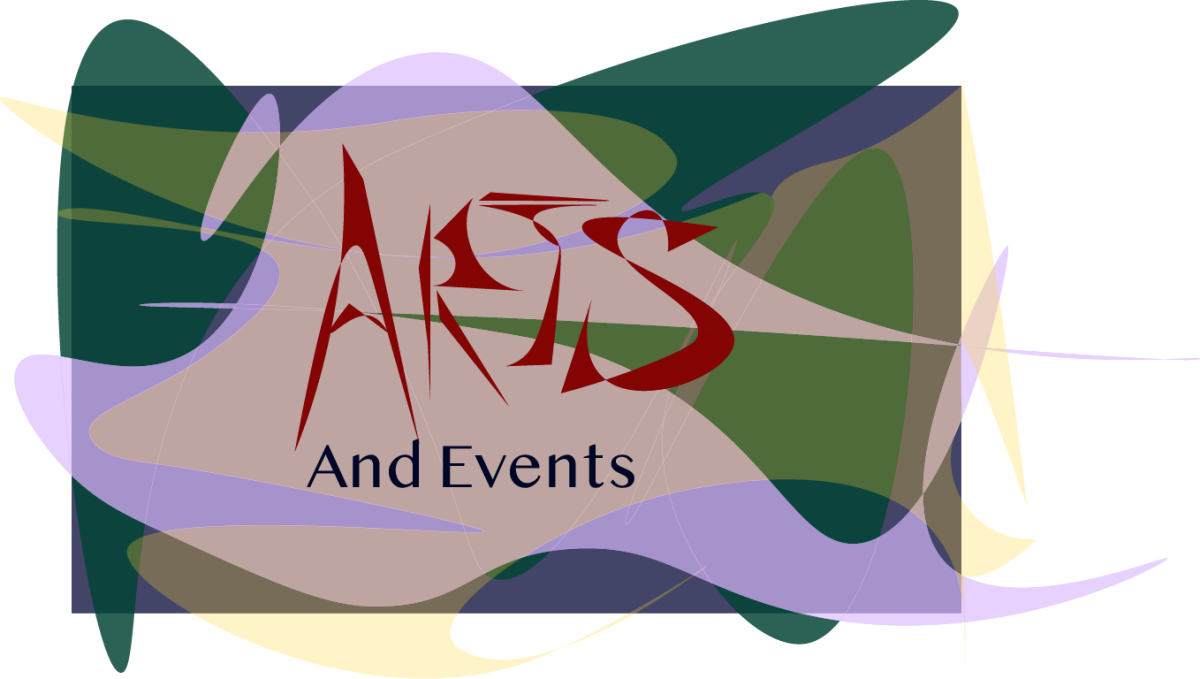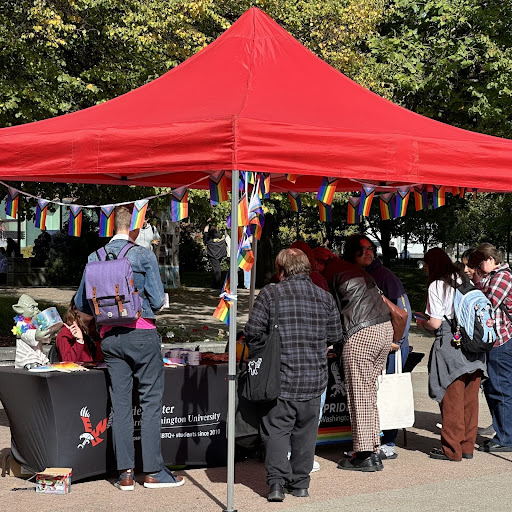Chaves to review transfer eligibility
April 15, 2015
EWU Athletic Director Bill Chaves has been appointed to an NCAA committee to review and research collegiate transfer rules.
Chaves was appointed to the NCAA Division I council in December of 2014 and has a sense of familiarity with this issue.
Former Eagle Vernon Adams Jr. sparked debate earlier this year when he transferred to University of Oregon to compete in his final year of eligibility.
“Those are the rules we play by right now, and it certainly put us in an interesting situation,” said Chaves back in February, concerning Adam’s transfer.
Chaves also questioned how many of the graduate transfers actually received diplomas in their graduate studies. He is now in a position to answer his own question.
Under its current rules, players who have already graduated but have one year of eligibility remaining can transfer to another program, enroll in graduate classes and compete immediately.
The committee will review extending the number of years a player has to complete his or her eligibility. This extension would mean graduate transfers could be forced to sit out their first year after switching programs. When players transfer under normal circumstances, they are required to sit out for one year.
“Student transfers are an important issue in higher education, and it is no different in athletics,” said co-chair Jere Morehead, president of the University of Georgia. “The group will be mindful of the integration of athletics and academics when creating recommendations for Division I transfer policy or legislation.”
The group consists of 13 members with representatives from 10 different Division I conferences as well as the Women’s Basketball Coaches Association and the National Association of Basketball Coaches.
Permission-to-contact rules, which determine how universities can contact players who are currently enrolled at another program, will also be reviewed by the committee.
“I look forward to working with this group so that we can continue to evolve all of the issues that surround transferring from a number of perspectives,” said Chaves. “There has been some very good work done by others that this group will be able to use moving forward.”








Cody • Apr 17, 2015 at 9:01 am
The rule is fine. They should leave it alone. Star players routinely leave FBS teams early for the NFL. The graduate transfer rule affects FCS teams far less than that. The only thing it changes is the decision of whether or not the redshirt a player. And I think it’s healthy for a team to have some pressure to get that decision right.
As someone who grew up in Cheney and still consider it home, I find Coach Baldwin’s behavior despicable. When Vernon decided to transfer, Baldwin could have said, “This is fantastic for our program here in Cheney. While we are very sad to lose a phenomenal athlete and leader, the fact that Vernon has this opportunity is a testament to our ability to cultivate talent. If you are a high school athlete who isn’t getting the attention you deserve, come play for us and we’ll make you the best football player you can be.”
But Baldwin didn’t do that. He threw a fit instead. What he needs to realize is that, for top programs, star players leave early for the draft all the time (I recognize that isn’t a perfectly analogous situation, but it’s the same principle). EWU got some great years from Vernon. They should be proud and thankful. Star players leaving early is part of how college football works. If Baldwin can’t handle that, he should consider coaching high school athletics.
As someone who has been rooting for EWU longer than Baldwin has been around, I’m embarrassed for our program.